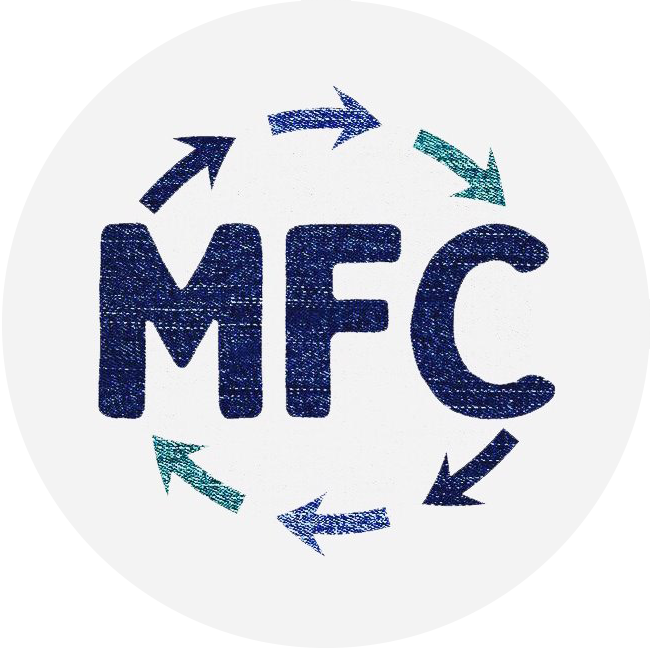MFC has multiple active projects related to our mission of reducing global textile pollution.
Our active projects and collaborations include: The MFC-MFI Foundation Upcycling Partnership, research and art projects with The Aftermath Learning Lab, partnership on the LEAPS Textile Waste Conference, co-creation of the Textile Waste Facts educational resource, and other environmental education initiatives.










